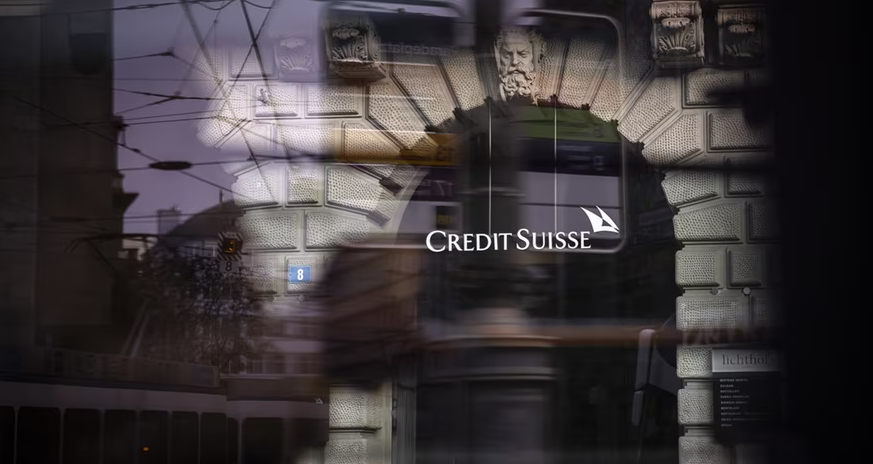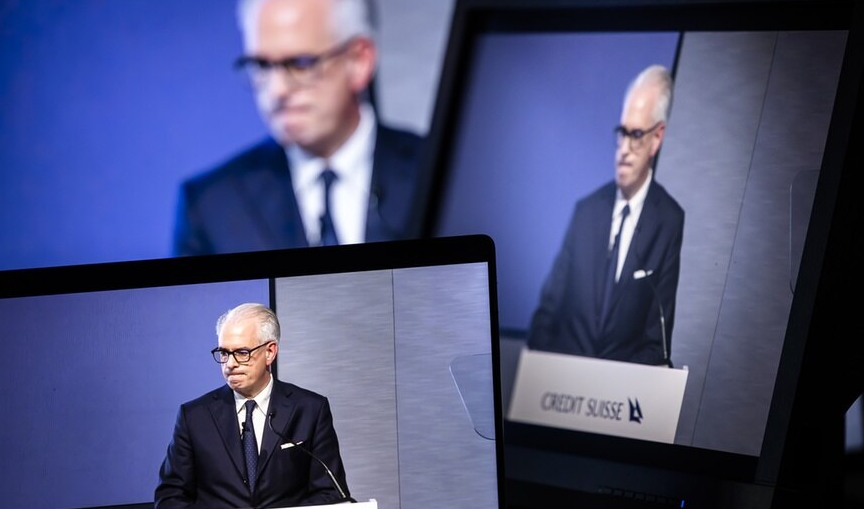For the first time, the Swiss State Secretariat for Economic Affairs (SECO) has clearly indicated that Uber taxi drivers should be classed as employees rather than self-employed.
In an internal statement seen by the 10vor10 programme on Swiss public television, SECO gave the legal opinion that according to the conditions that bind drivers to Uber, they should be regarded as employees rather than independent contractors.
In assuming responsibility for the passenger service it provides, then issuing drivers with “far-reaching instructions”, Uber – or the taxi companies that it subcontracts – effectively acts as an employer to the drivers, SECO says.
The legal opinion, which is not binding but which is generally heeded by Swiss local authorities, follows an industrial dispute in cantons Geneva and Vaud in December 2017 in which various drivers sub-contracted by Uber went on strike.
The drivers were protesting conditions under which intermediary companies, contracted by Uber, paid them salaries that were unacceptably low – sometimes as low as ten francs an hour. Some of the drivers were from neighbouring France.
+ How Swiss taxi drivers have been standing up against Uber
According to SECO’s statement, however, such a system (which allowed Uber to avoid acting as a regulated employer of the drivers) would no longer be valid: the partner companies would need a licence to hire out their personnel, and would also need to guarantee social security contributions.
The trade union Unia, which was heavily involved in last year’s strike, welcomed SECO’s decision and said in a press release Monday that “Uber is to be regarded as an employer – with all the associated duties this brings”.
Uber told 10vor10 that it maintains a constructive and open dialogue with all authorities involved.
Full story here Are you the author? Previous post See more for Next postTags: Business,newslettersent,SECO




































